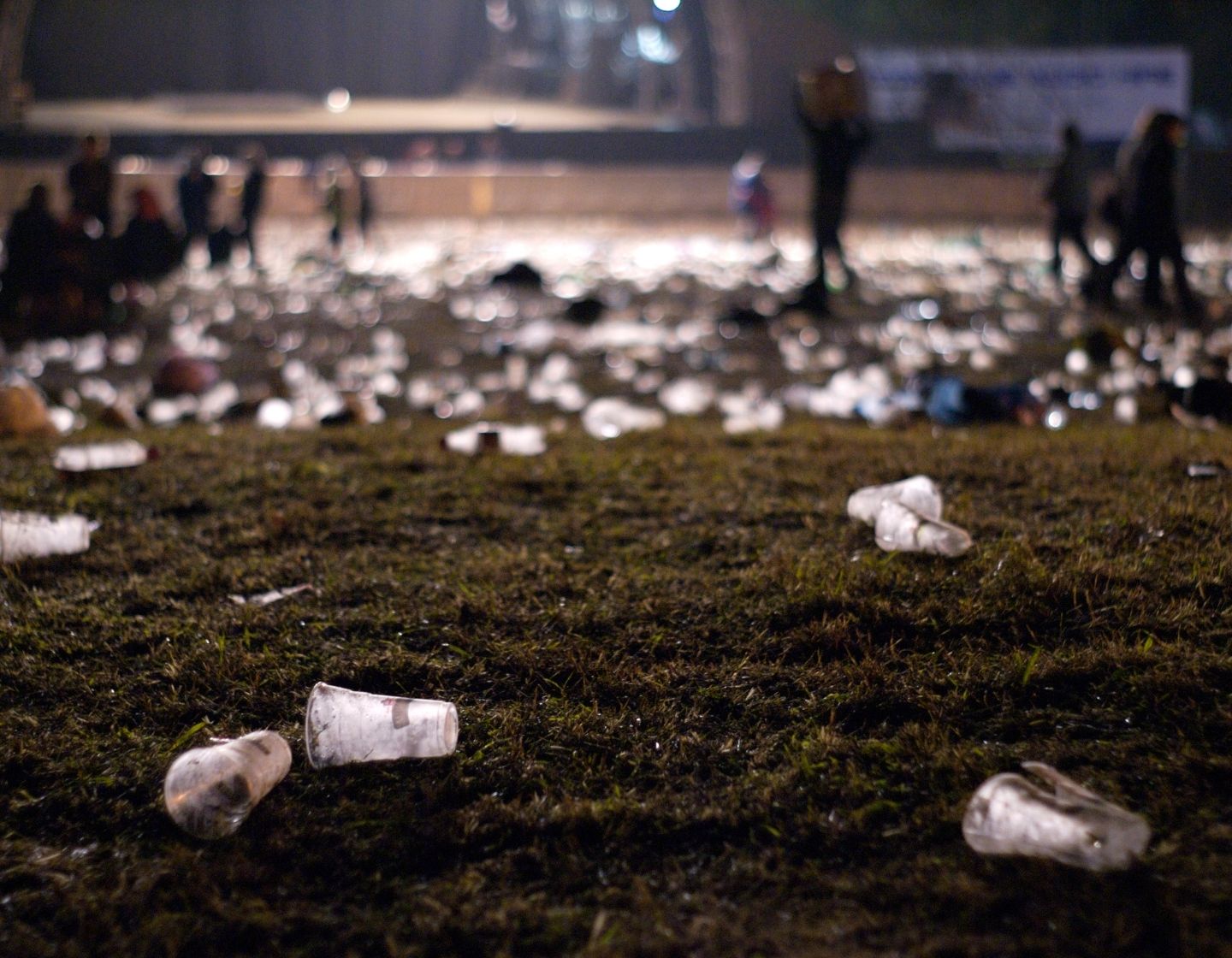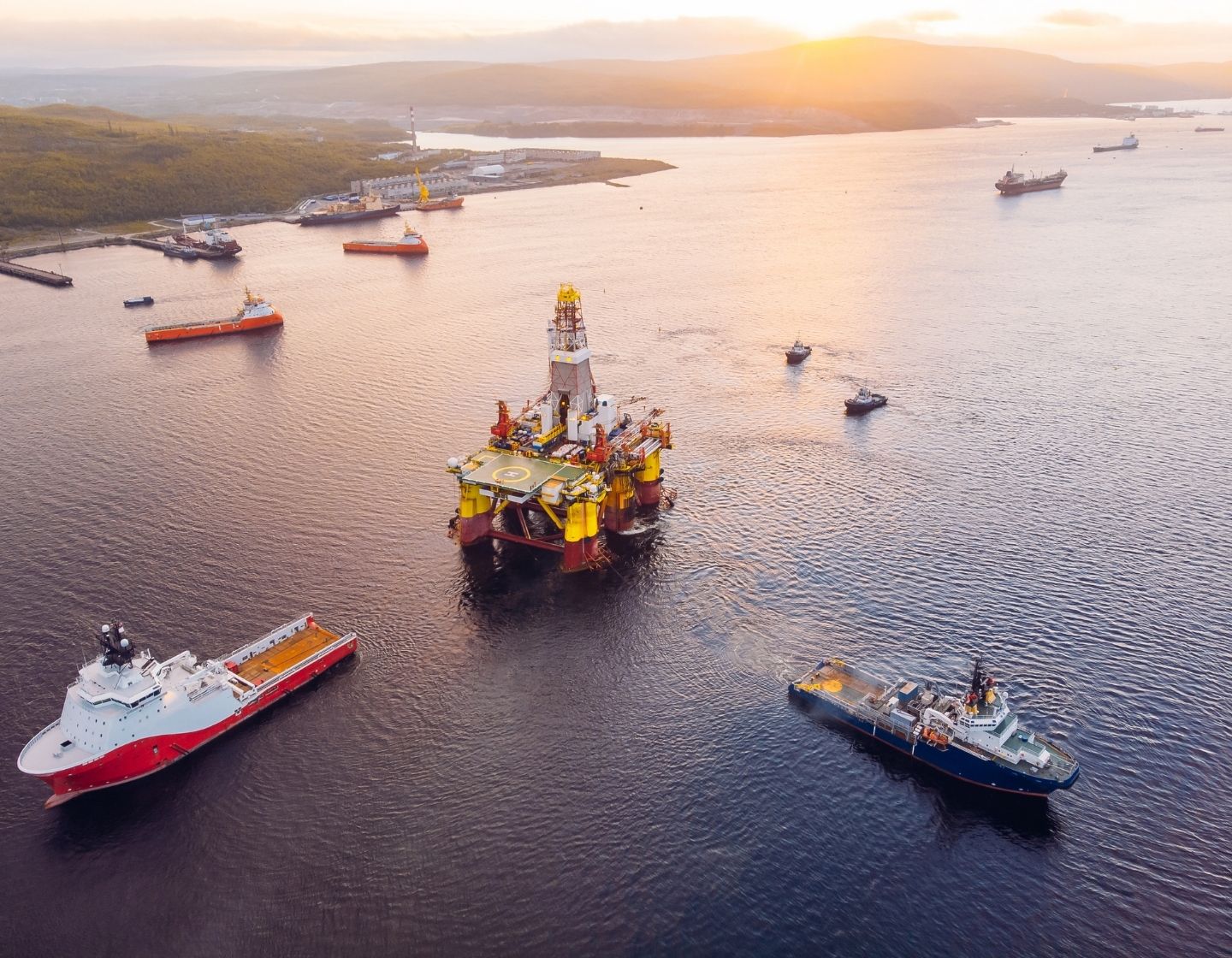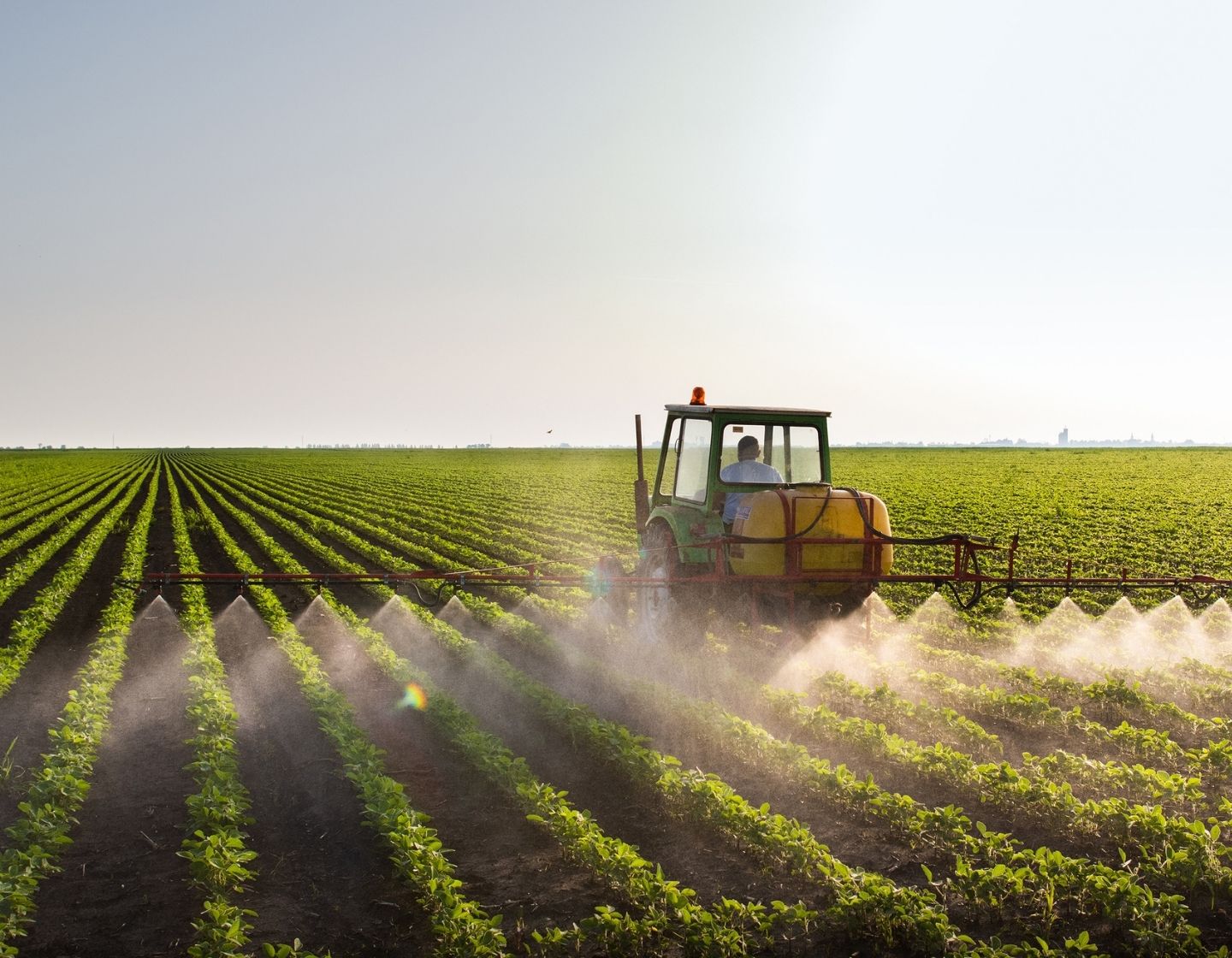What happened in the world of sustainability in June?
June has been and gone which means that it’s officially summer! We believe that it’s super important to pay attention to the world around you but with busy schedules, it’s not always possible. Each month we like to collect sustainable news stories from around the world, making it easy for you to stay on top of eco-living.
Formula 1 develops synthetic sustainable fuel to be introduced in 2026
Formula 1 has developed a synthetic sustainable fuel as part of its plan to become net-zero carbon by 2023. The fuel will be officially introduced to their new-generation hybrid engines in 2026. What makes it sustainable? Synthetic fuels are created by an industrial process and in their burning, only emit the carbon that was taken out of the atmosphere to make them.
The new fuel has been designed as a ‘drop-in’ fuel which means that it can be used in place of standard fossil fuels in any internal combustion engine. It will increase the amount of power produced by the hybrid part of the engine.
To achieve its net-zero goal, F1 has also:
- Introduced remote broadcast operations to reduce freight
- Redesigned freight containers to make room for a more efficient aircraft
- Transitioned to 100% renewable energy in its offices
- Delivered a first carbon-neutral broadcast production at the 2021 British Grand Prix and achieved the same at Silverstone last weekend.

Greta Thunberg makes a surprise appearance at Glastonbury Festival
It only feels like yesterday that Greta Thunberg was speaking out at COP26. Last weekend, she ventured to the Pyramid stage of Glastonbury Festival to warn thousands of people that the world faces a ‘total natural catastrophe’.
Her speech drew loud chants and cheers of approval as Greta blamed word leaders for failing to act, accusing them of finding ‘loopholes’ to get out of their promises. She urged festivalgoers (and the thousands watching from home) to start “creating hope” rather than hoping the change will be made for them.
She adds that we need to start conversations everywhere – from the breakfast table to movies to music festivals. The SaveMoneyCutCarbon team believe this too! Stay up to date with our Learn & Save articles to learn more about the climate situation and what you can do daily to help.

Hundreds of volunteers clean up Glastonbury Festival
The famous clean-up crew returned this year to help remove rubbish from the festival at Worthy Farm. The festival was attended by roughly 200,000 people so there was a lot of rubbish to get through including camping chairs, flip flops and paper cups! It’s estimated that the recycling crew removed around 2,000 tonnes of waste.

Climate activists vow to fight as the new gas field gets the go-ahead in the North Sea
The government recently announced that it had approved the Jackdaw field development by the oil multinational, Shell. This announcement comes soon after scientists warned that nearly half of existing fossil fuel production sites need to be shut down to reduce global heating.
Activists are threatening legal action in an attempt to stop the development of the new gas field. Ami McCarthy, a political campaigner for Greenpeace told The Guardian:
“They could immediately shave billions off bills, get a grip on UK energy demand, create thousands of jobs, boost our economy, tackle the climate crisis and avoid future crises – if they just upgrade homes to be warmer and greener, and invest in clean and cheap renewable power. But instead, once again, they’re handing out lucrative permits to the likes of Shell for a project that won’t start producing gas for years, that won’t lower our bills, but will create massive emissions, causing deadly flooding and wildfires.”
Many other campaigners have criticised the government for having “no idea how to solve the energy crisis”, looking for oil and gas instead of investing in green alternatives. After all, it was only last year at COP26 that world leaders promised to reduce their reliance on fossil fuels.

Aquatic drones are swallowing tonnes of plastic waste before it reaches the ocean
A Dutch company called RanMarine has developed 157cm wide aquatic drones known as WasteSharks, inspired by the whale shark that swims with its mouth wide open to catch its prey. Instead, the makers say that each drone can capture up to a ton of plastics and other debris a day from the world’s oceans.
The drones can hold 160 litres of rubbish, floating plants and algae. They operate close to the shore as it is easier to capture the rubbish compared to the ocean because it has not begun to break down yet.

Extinct ‘fantastic giant tortoise’ found alive on the Galápagos Islands
Believed to be extinct for more than 100 years, a rare species called the ‘fantastic giant tortoise’ has been discovered on the Galápagos Islands. Previously, the only known specimen was discovered in 1906. In 2019, Princeton researchers discovered a lone tortoise on the island bearing resemblance and they have finally proved that the species lives on.
The tortoise was named ‘Fernanda’. There is also evidence of other tortoises on the island and researchers have great hope that they can keep the species safe and alive.

Finland has set ambitious plans to go carbon negative by 2040
Finland will become the first European country to reach net zero if it achieves its ambitions goals that have been passed into law by the government in June 2022. This goal has set Finland ahead of the EU’s goals, making it a world leader in curbing emissions.
It aims to reach this goal by “building a fossil-fuel welfare state” according to Emma Kari, Minister of the Environment and Climate Change. The government will also bring in a distance-based transport tax and they plan to mitigate emissions from peatlands and reduce methane production from dairy cows. Another element to note is that Finland does not want to rely on international carbon offsets to reach its bold goal.

Sustainable Farming Incentive opens for applications
On 30th June 2022, the government opened applications for the Sustainable Farming Incentive. It is the first of three new environmental schemes to ensure long-term food security.
The scheme is available to all farmers who currently receive Basic Payment Scheme (BPS) payments. It’s designed to be accessible and will reward sustainable practices which support food production and benefit the environment.
You can read more about the Sustainable Farming Incentive here.

Missed out on last month’s sustainable news round-up?
Thanks from the SaveMoneyCutCarbon team and the planet for taking the time to catch up on sustainable news from around the world! Did you miss out on May’s sustainable news round-up? Read it here.
Do you like flicking through the news on your phone to stay up to date? Download our Home App and you can have access to all of our sustainable news stories anytime, anywhere.


